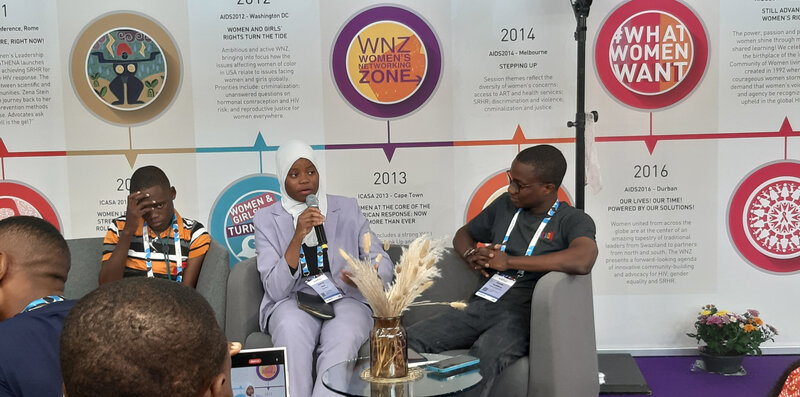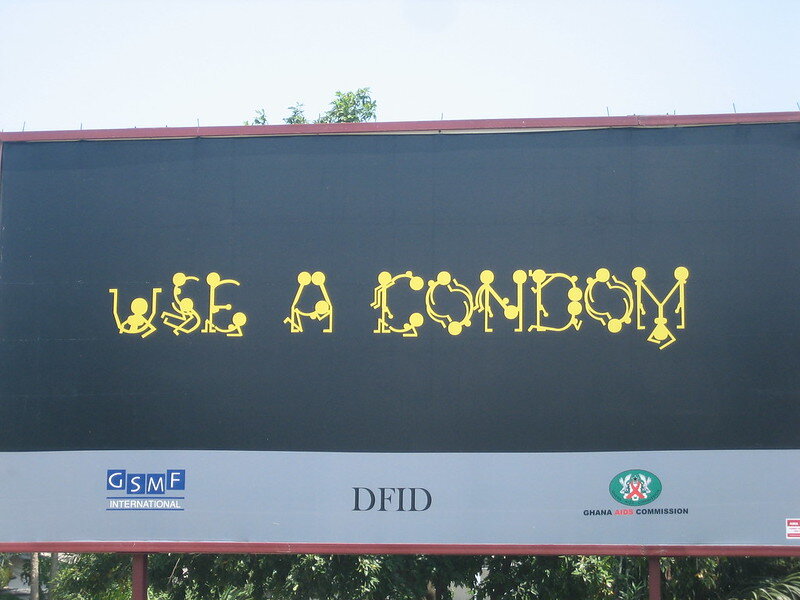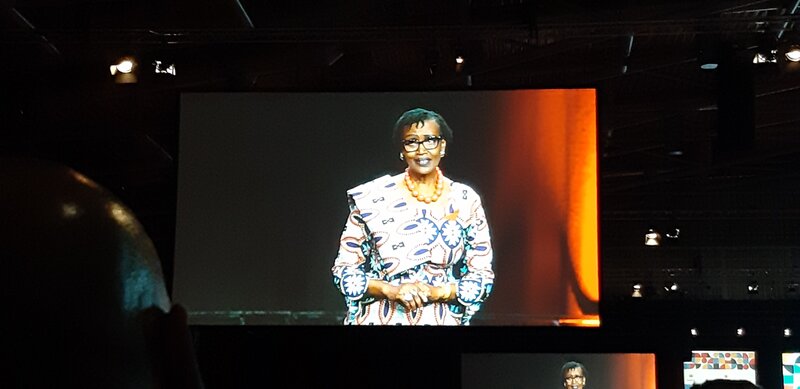ICASA 2023: “AIDS IS NOT OVER: Address inequalities, accelerate inclusion and innovation”
"While progress has been made, AIDS remains a significant challenge. Last year, globally, 630,000 people died from AIDS-related illnesses, 1.3 million were newly infected with HIV, and 9.2 million lacked access to life-saving HIV treatment. In Zimbabwe in 2022 alone, there were 20,000 AIDS-related deaths and 17,000 new HIV infections. Against that backdrop, under the motto “AIDS IS NOT OVER: Address inequalities, accelerate inclusion and innovation”, the 22nd ICASA conference was held in Harare, Zimbabwe, from 4-9 December 2023."

























































